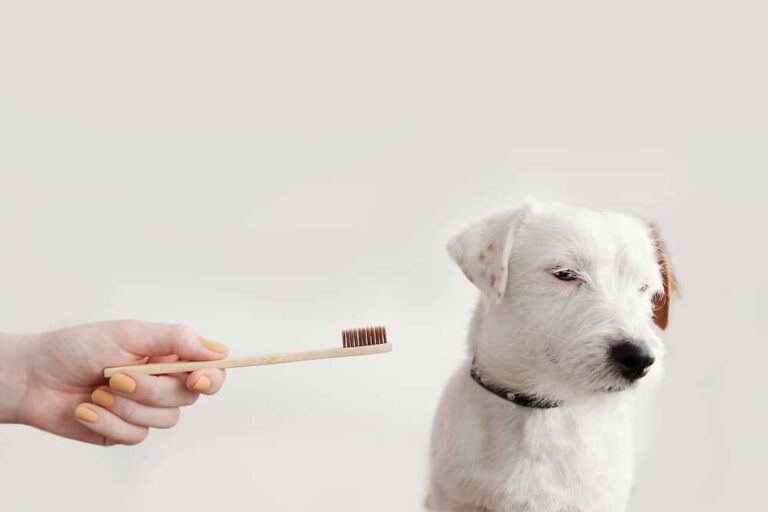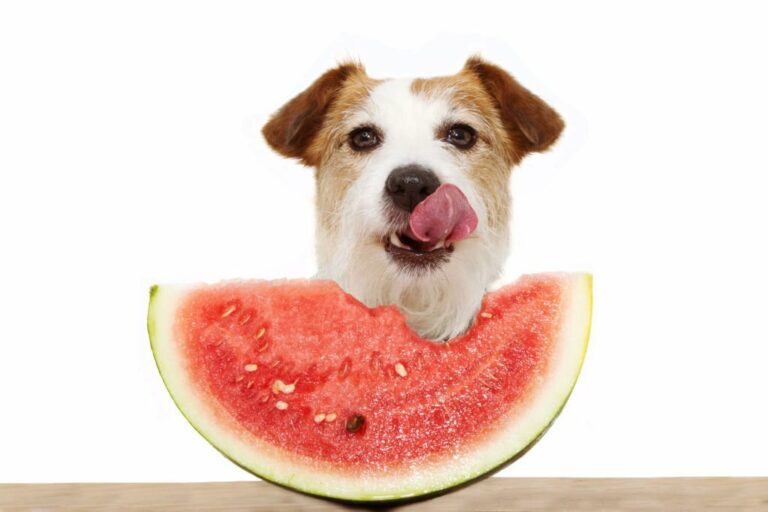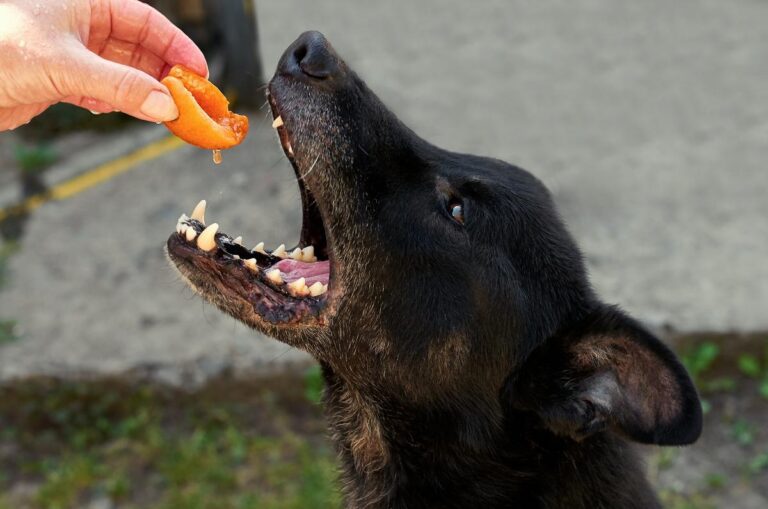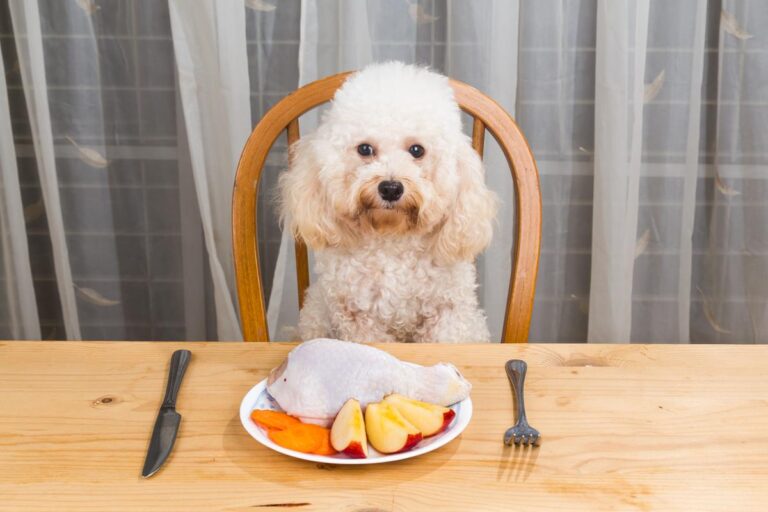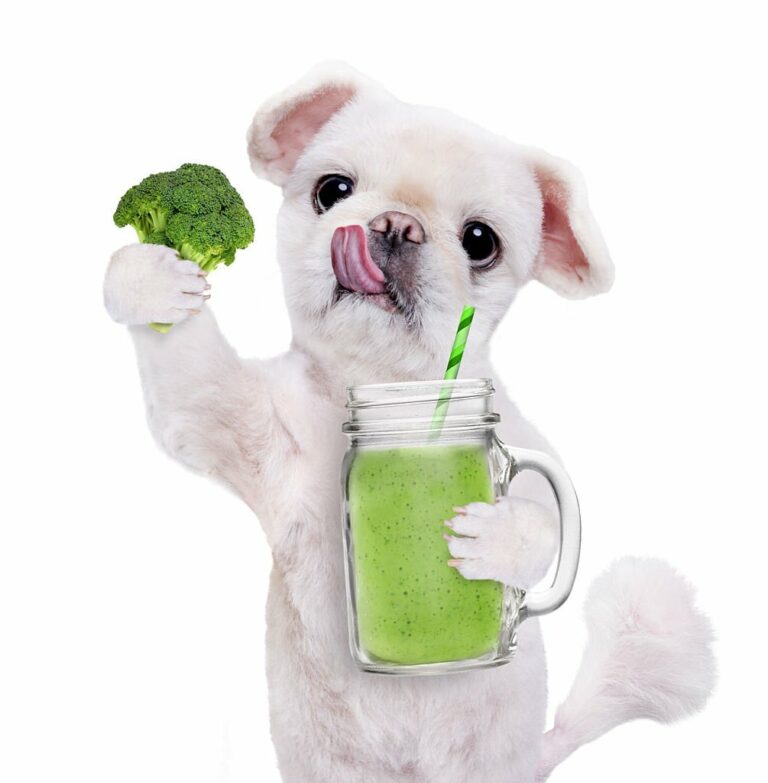Dangerous Foods for Dogs: A Complete Guide to Keeping Your Canine Companion Safe
Introduction
It should be a main concern to know about Dangerous Foods for Dogs. Dogs are loyal friends who provide their owners with love, comfort, and constant support they are more than just pets. As responsible pet owners, it is our responsibility to ensure our pets’ well-being by feeding them a nutritious, well-balanced diet. Even so, several typical human foods can be harmful or even deadly to our canine companions, despite our best efforts.
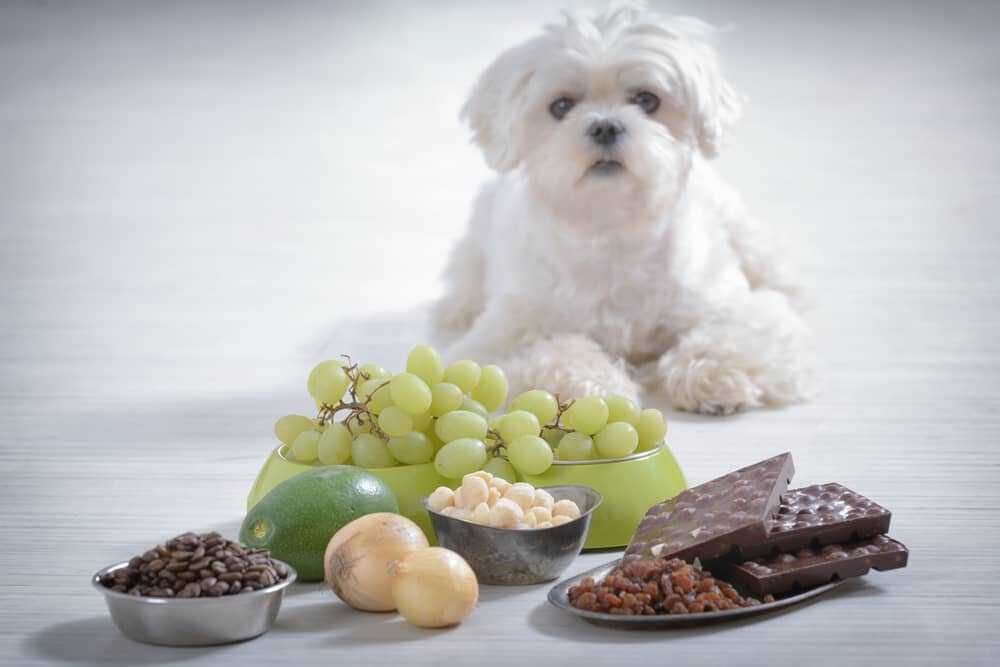
A lot of these foods, despite appearing safe to us, can hurt dogs badly, resulting in everything from stomach upset to organ failure. Being aware of the items you should never feed your dog is essential for his or her safety and well-being.
In this article, we will provide a complete guide to common foods that you should avoid giving to your dog and offer tips on how to keep your canine companion safe from harm.
Dangerous foods for dogs
As pet owners, we enjoy feeding our animals, but not all human foods are suitable for canines. Some common foods can poison dogs and are even deadly to our canine friends. While it could be tempting to sneak your pet something off the table, it’s important to be aware of the items that can be harmful. We’ll talk about some of the dangerous human foods for dogs that could be the most harmful to a dog’s health.
● Chocolate
One of the most well-known toxic foods for dogs is chocolate. This is due to theobromine, a substance found in chocolate that dogs are unable to adequately digest. Theobromine can result in nausea, diarrhoea, hyperactivity, seizures, and in severe cases, even death.
● Raisins and grapes
Although raisins and grapes might appear like healthy snacks to humans, dogs can be seriously poisoned by them. Dogs who consume grapes or raisins even in little amounts can develop kidney failure, which shows as vomiting, diarrhoea, lethargy, and dehydration.
Also check: Can Dogs Eat Strawberries
● Garlic and onions
Although they are frequently used in many recipes, onions and garlic can be extremely toxic to dogs. These meals contain ingredients that can cause red blood cells in dogs to break down, resulting in anaemia. Weakness, vomiting, diarrhoea, and respiratory issues are signs of onion and garlic overdose.
● Avocado
Although though avocado is a well-known superfood for people, dogs shouldn’t consume it. The avocado’s flesh, skin, and pit all contain the persin toxin, which can make dogs throw up and have diarrhoea. Moreover, the big pit has the potential to become impaled and impede a dog’s digestive system.
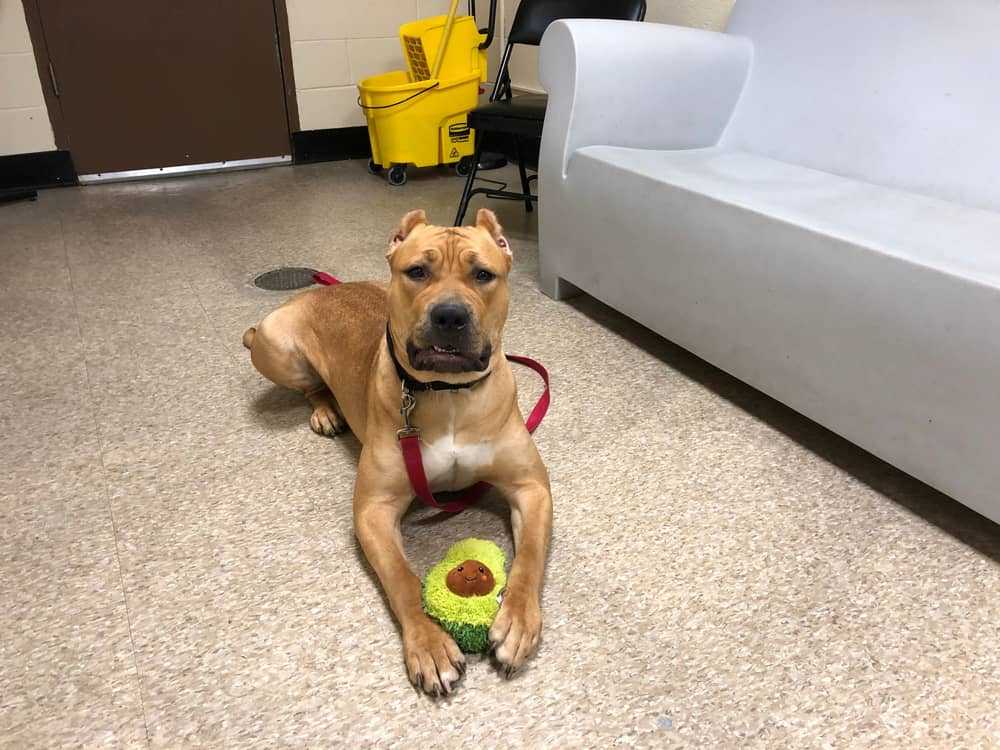
● Alcohol
Even in little amounts, alcohol is quite harmful to dogs. A tiny amount of alcohol can result in a reduction in body temperature, blood pressure, and blood sugar, which can cause seizures, respiratory failure, and even death.
● Caffeine
Caffeine is a stimulant that can make dogs restless, breathe quickly, experience palpitations in the heart, tremble their muscles, and even experience seizures. Coffee, tea, soda, and chocolate are just a few of the goods that contain caffeine.
● Xylitol
The sugar replacement xylitol is frequently used in sugar-free gum, candies, and baked products. Rapid insulin release from it might also result in hypoglycemia (low blood sugar). Dogs who consume too much xylitol may have vomiting, lack of coordination, seizures, and possibly liver failure.
● Macadamia Nuts
The frequent ingredient in baked products, macadamia nuts, can be extremely toxic to dogs. In dogs, eating even a tiny quantity of macadamia nuts can result in sleepiness, vomiting, heat, and tremors.
● Cooked Bones
Cooked bones, particularly those from chicken and turkey, can be extremely harmful to dogs. Cooked bones can shatter and harm a dog’s digestive system inside, resulting in symptoms including vomiting, diarrhoea, and pain in the abdomen.
● Fatty Meals and Trimmed Fat
Dogs who eat fatty meals like bacon and sausage run the risk of developing pancreatitis. Vomiting, diarrhoea, and abdominal pain are signs of pancreatitis, a disorder that results in pancreatic inflammation.
To keep dogs safe and healthy, it’s important to be knowledgeable about the harmful foods for dogs that can be poisonous to them. Contact your veterinarian right away to receive treatment if you believe your dog has consumed any of these foods. You can help your animal buddy live a long and healthy life by paying attention to what you give them.
Also check: Benefits of Pure Wild Alaskan Salmon Oil for Dogs
Alternatives to popular human foods for dogs
You could be tempted to share your meals with your dog if you’re a dog owner. Dogs cannot, however, consume all human foods, and some might even be dangerous and foods dogs should avoid. Fortunately, several foods are safe and healthful for dogs to substitute for popular human delicacies. Here are some alternatives:
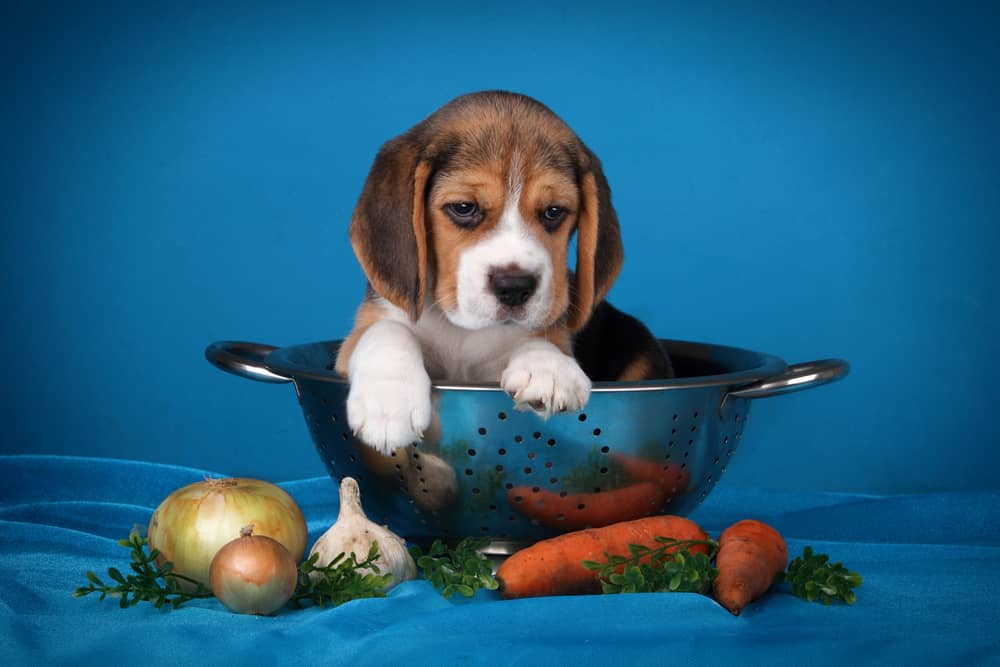
● Peanut Butter
Popular dog treats include peanut butter, which is a wonderful substitute for butter or margarine. Choose peanut butter without xylitol, a sweetener that is poisonous to dogs, just to be safe.
● Carrots
In place of chips or other salty snacks, carrots are a fantastic alternative. They provide a lot of fibre and a few calories, which can help in your dog’s maintenance of a healthy weight. Also, the crunch can help your dog’s breath and teeth get cleaner.
● Simple Popcorn
Popcorn that hasn’t been buttered or salted is a healthier option. It has a lot of fibre and few calories, which might help your dog feel full and content.
● Cooked sweet potatoes
White potatoes and other starchy vegetables can be substituted with sweet potatoes. They are abundant in vitamins and minerals, such as beta-carotene, which can support the immune system of your dog.
● Blueberries
As an alternative to fatty or sugary snacks, blueberries are fantastic. They are loaded with antioxidants, which can help in preventing cell damage in your dog. Also, they are high in fibre and low in calories, which can help your dog feel full and content.
Also check: Can Dogs Eat Bananas?
● Cooked Lean Meat
Lean meats that have been cooked are a fantastic substitute for fatty or processed meats. They are protein-rich, which can help with the creation and maintenance of muscular growth in your dog.
● Green beans
High-carb veggies like potatoes or corn are a wonderful substitute for green beans. They provide a lot of fibre and few calories, which can aid in your dog’s maintenance of a healthy weight.
Common human foods provide a wide range of safe, healthful alternatives for dogs. Just be careful not to feed your dog harmful things like chocolate or onions, and always speak with your veterinarian before making any big dietary changes for your dog. By making wise decisions, you can give your dog a balanced, nourishing diet that will enable them to enjoy a long and healthy life.
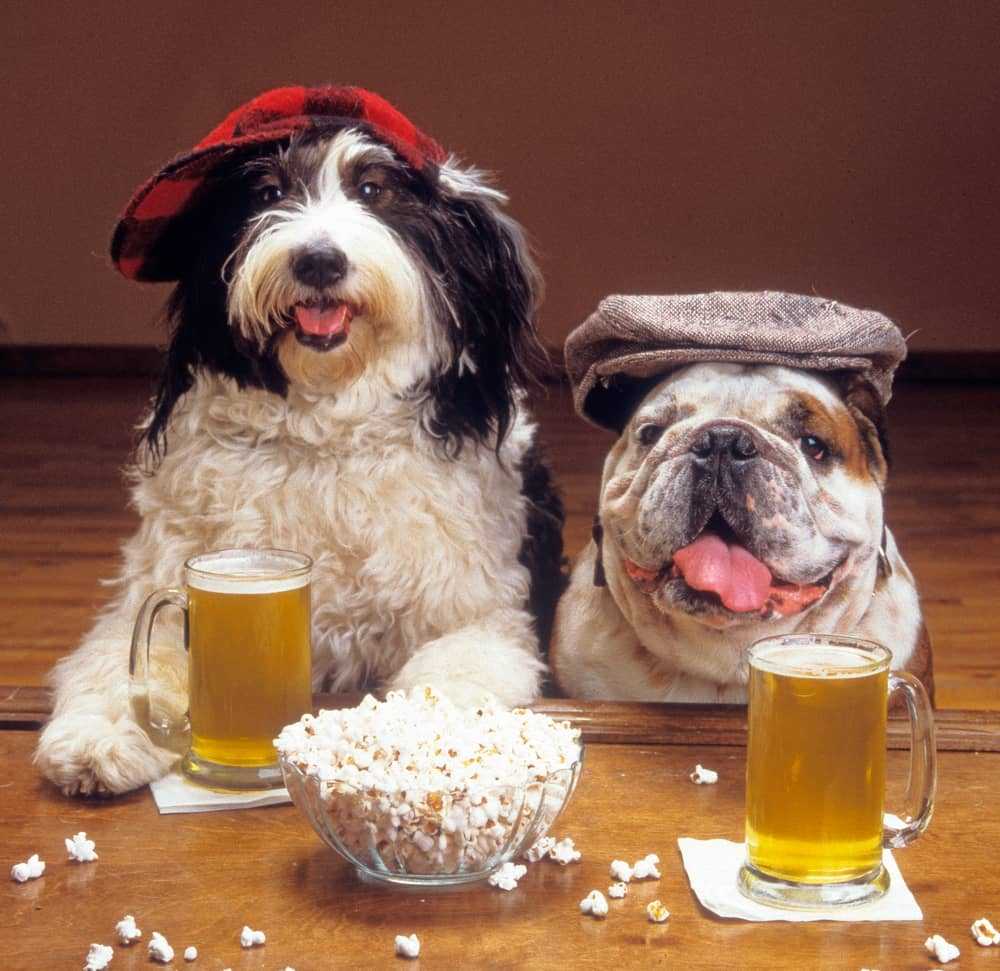
Healthy food items for dogs
As a dog owner, you want to make sure your pet is content and healthy. Feeding your dog a healthy, balanced diet is one method to accomplish this. You can include the following nutritious items in your dog’s diet:
● Low-fat proteins
Lean proteins are a crucial part of your dog’s diet, including chicken, turkey, fish, and lean beef. They give your dog the amino acids they require to develop and preserve strong muscles. Avoid processed meats like hot dogs and sausages in favour of lean, low-fat proteins.
● Veggies and fruits
Your dog can obtain a lot of vitamins, minerals, and fibre from fruits and vegetables. Sweet potatoes, green beans, carrots, blueberries, and apples are a few healthy alternatives. But be careful to stay away from items like grapes, onions, and avocados that are poisonous to dogs.
● Whole grains
Your dog will benefit from eating whole grains like quinoa, brown rice, and oats as a source of carbs. They give your dog the energy they require to remain energised and healthy. Certain dogs may be gluten sensitive, so stay away from cereals like wheat that contain a lot of gluten.
● Eggs
For your dog, eggs are a fantastic source of protein and good fats. Also, they include a lot of vitamins and minerals, such as iron and vitamin A. Your dog should only eat cooked eggs since raw eggs can potentially contain salmonella.
● Yoghurt
Your dog can get a lot of probiotics from yoghurt. Probiotics aid in promoting healthy digestion and strengthen the immune system of your dog. Yoghurt that is basic and unsweetened is preferable; added sweeteners can be detrimental to dogs.
● Pumpkin
For your dog, pumpkin is a fantastic source of fibre. It can help in controlling your dog’s digestive process and avoiding constipation. Use canned, unsweetened pumpkin instead of the sugar- and spice-filled pumpkin pie filling.
For their general health and well-being, your dog needs to eat a diet that is both balanced and healthy. Lean meats, fruits and vegetables, whole grains, eggs, yogurt, and pumpkin may all be incorporated into your dog’s diet to help give them the nutrition they require to stay healthy and content.
But be sure to talk to your vet before making any big dietary changes for your dog, and stay away from giving them risky or toxic foods.
Also check: The ultimate guide for spot and tango dog food review
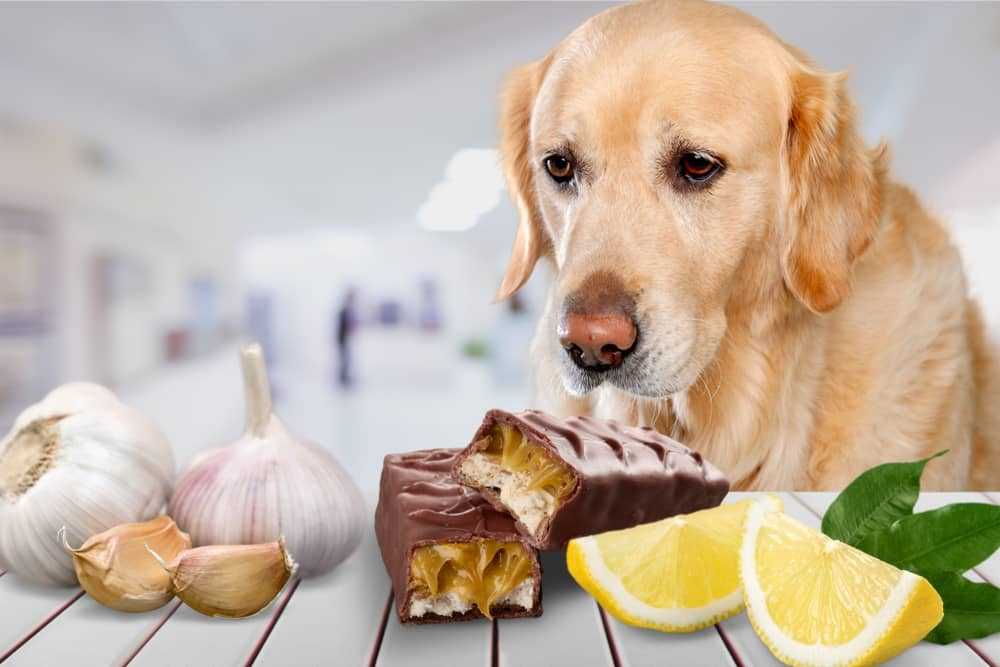
Tips for keeping your dog safe and healthy
Keeping your dog safe and healthy is your main priority as a dog owner. Here are some tips to help you in doing that:
● Routine veterinary checkups
Even if your dog seems healthy, take them to the vet for regular checkups. Your veterinarian can assist in the early detection of any potential health issues and can administer the required care.
● Proper Nutrition
Give your dog healthy, balanced food that satisfies its nutritional requirements. To discover the right amount and kind of food for your dog’s age, size, and activity level, speak with your veterinarian.
● Exercise
The physical and mental wellness of your dog depends on regular exercise. Take your dog for daily walks or participate in different pursuits, such as fetch or visiting a dog park. Depending on your dog’s age, breed, and general health, you should adjust the frequency and duration of exercise.
● Routine grooming
Proper grooming practices, such as brushing, washing, and nail cutting, can help in avoiding health problems like skin infections and overgrown nails. Also, it can make your dog more at ease and less stressed.
● Socialization and Training
Your dog can develop good manners and social skills with other dogs and people with the help of proper training and socialisation. Also, it can help prevent the development of behavioural problems including anxiety and aggression.
Conclusion on Dangerous Foods for Dogs
In conclusion, you must keep your canine companion safe by staying away from highly harmful foods. Common items like chocolate, coffee, alcohol, onions, garlic, grapes, raisins, avocados, and fatty foods should never be given to dogs.
To stop dogs from obtaining potentially toxic foods, it’s also essential that you keep your trash cans and food storage spaces secure. Also, it’s crucial to speak with a professional if you think your dog may have ingested something dangerous because early diagnosis and treatment can save their life. You can guarantee that your dog has a long and healthy life by being careful about the foods that your dog eats.
Also check: Can Dogs Eat Mushrooms?
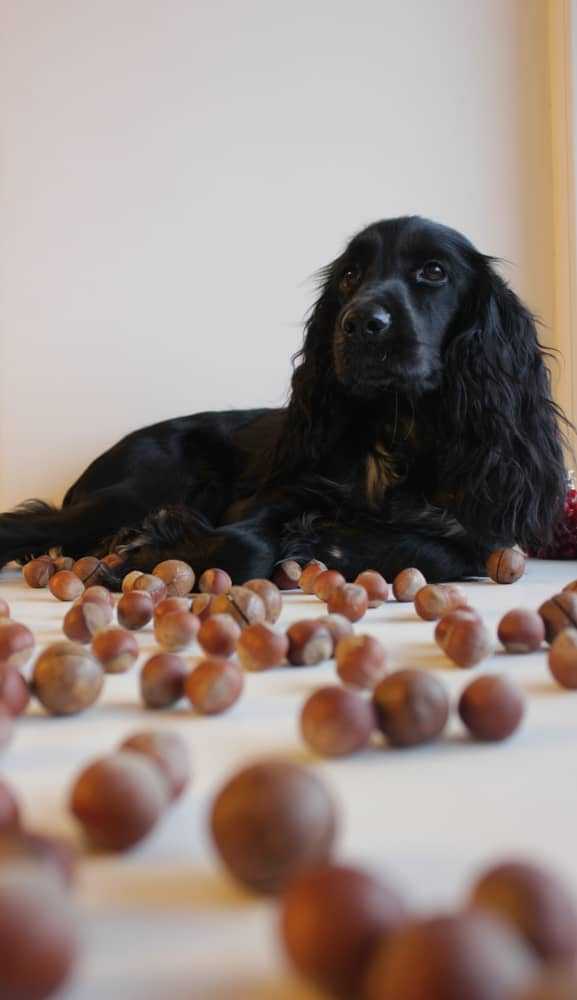
FAQ’S for Dangerous Foods for Dogs
Q: Can dogs eat chocolate?
A: No, dogs should not eat chocolate as it contains theobromine, which is toxic to them and can cause vomiting, diarrhoea, seizures, and even death.
Q: What are the signs that a dog has eaten something poisonous?
A: Lethargy, loss of appetite, tremors, seizures, vomiting, diarrhoea, and trouble breathing are all indications that a dog has consumed something poisonous.
Q: Are grapes and raisins safe for dogs?
A: No, grapes and raisins are not safe for dogs as they can cause kidney failure and other serious health issues.
Q: Can dogs eat avocado?
A: No, dogs should not eat avocado as it contains persin, which can cause vomiting and diarrhoea.
Q: What should I do if my dog eats something toxic?
A: You should seek professional guidance and care from a veterinarian as soon as your dog consumes something harmful. If the veterinarian advises it or if it’s safe to do so, you could also attempt to induce vomiting at home.
Q: What should I do if my dog eats something toxic?
A: By putting food out of reach, properly disposing of food waste, and watching out for your dog while eating and playing outside, you may prevent your dog from ingesting harmful foods. You can also teach your dog to obey instructions that forbid them from consuming toxic substances and offer them healthy substitutes instead.
